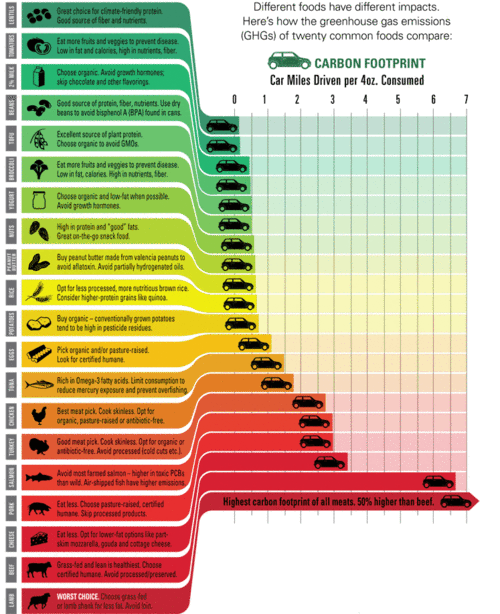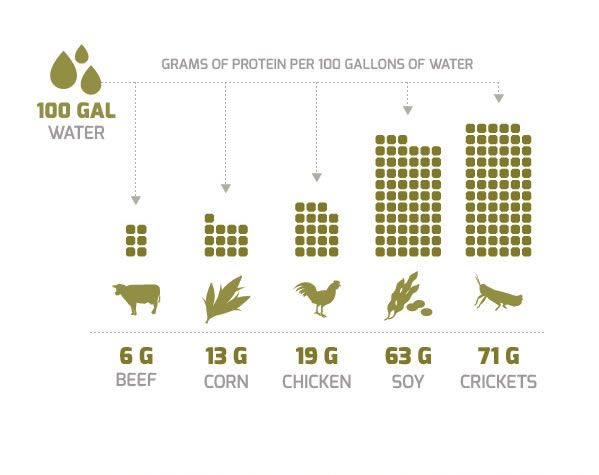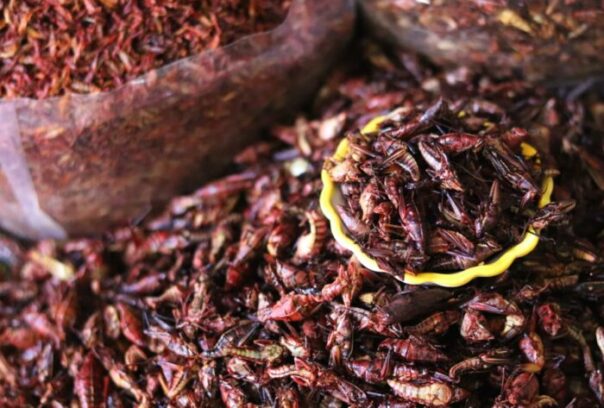In the next few weeks, the European Union’s Food Safety Authority is expected to classify several types of insects as safe for human consumption. The move will reverse bans on selling insect-based foods in several countries, including France, Italy, and Spain. It has been hailed as a victory by foodies and sustainability advocates alike.
Human societies have eaten insects for millennia. Insects offer an abundant, nutrient-rich, and for many, delicious, source of food. Even today, insect-based foods are common in many parts of the world. Examples include chapulines in Mexico, Cambodian spring rolls stuffed with ants, fried tarantulas, and others. For those who grow up with it, eating insects is as natural as eating an apple or chicken wing.
However, as of late, Western culture in particular has instilled a taboo and stigma against eating insects, deeming them both disgusting and possibly unsafe. This is the basis of many of the existing laws on the books in Europe, which have forbidden supermarkets and others from selling insect-based dishes without a “novel food” authorization.
As humanity has scaled back it’s use of insects as food, we have significantly ramped up our use of other meats, especially beef, chicken, and pork. While these options are now deemed more appropriate and safe by Western culture, they are also highly resource-intensive. Livestock accounts for roughly 18% of human-induced greenhouse gas emissions worldwide. Meat-heavy diets also require significantly more water than others, with meat eaters typically using between two to five times as much water per day as vegetarians.

Many see insect-based foods as safe, nutritious, and sustainable alternatives to meats. Typical insect production requires significantly less carbon and water. It can also be an important source of nutrients such as protein, Omega-3 fatty acids, vitamin b12, and iron.

Under the new ruling from the European government, mealworms, locusts, crickets, and grasshoppers will be deemed safe for human consumption, allowing supermarkets and other stores to sell insect-based dishes. Companies selling insect-based foods see this as a breakthrough moment for their industry. Not only will it help undermine the stigma against their products, but it will allow their companies to ramp up their production and ultimately become more viable.
“We have many of our members building bigger factories because the key to success is to upscale your companies and produce on a mass scale. And this is already happening… We are expecting the next few years will be very interesting ones and obviously the novel food authorisations will definitely help.”
Christophe Derrien, the secretary general of the International Platform of Insects for Food and Feed
More and more people around the world are seeing the unintended consequences of meat-heavy diets – on their own health and that of the planet. Vegetarian, vegan, and plant-based diets are among the most common approaches to reduce our environmental footprint and boost our health. Could insect-based dishes can be a healthy and even delicious complement to them?
What are the implications for animal rights? If some deem eating animals like chickens as inherently unethical, what about insects?

Peter Schulte
Purpose Coach
Bellingham WA, USA / Lummi & Nooksack lands
Purpose statement: I reveal a world of beauty and goodness
Good News Newsletter
The latest laws, policies, science, and technology leading the way toward a brighter future